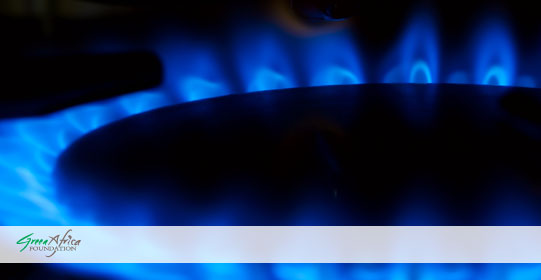Enhancing Environmental Sustainabilty And Climate Change Resilience Through Low Carbon Emission
As Kenya’s population continues to grow, one of the major challenges posed is inadequate energy supply. This calls for technological innovations including increased access to and use of renewable energy sources. The increased volumes of fossil fuels like kerosene use pose not only environmental challenges through air pollution but also threaten the health of the people. Since the environment is the natural resource base, this calls for its conservation and protection.
Due to the fact that non – renewable energy sources may get depleted over time, it is important that more efforts are geared towards adopting energy saving technologies Consequently, investing in the Gold Standard Energy Efficient Cook Stove Programme and Solar lanterns to replace kerosene/ fuel wood heating/lighting in rural Kenya will generate carbon credits which may be sold or traded both nationally and internationally. As such, the Gold Standard Energy Efficient Cook Stove Programme has the enviable reputation for providing premium carbon reduction.
These energy efficient stoves, “Rocket stove models,” are made entirely in the country and utilise the вЂ˜Rocket stove’ technology which offers balance between cost, life expectancy and efficiency. In comparison to the three-stone fire, this type of stove allows higher combustion temperatures to be reached and improved fuel/air mixing; hence higher levels of combustion are achieved thus reducing the amount of smoke produced. A key differentiating feature of the energy efficient stove, compared to other rocket stove based models, is that when it is installed in a house, it is secured with a concrete base hence making its removal virtually impossible. It is also GPS tagged to ensure it is fully traceable. The minimum weight of the smallest jiko is 50kgs.
The energy saving stove will, on average, use only 5kgs, this translates to a saving of about 2.8 million trees per day given that 5.6 million rural households entire depends on fuel wood. Consequently, Green Africa Foundation, in conjunction with KWS, has embarked on a project titled “Enhancing environmental sustainability and climate change resilience through low carbon emissions” which seeks to enhance resilience to climate change and environmental sustainability by vulnerable communities in Kenya.
The project is to be implemented in Kitui, Nakuru and Garissa Counties where 5 000 households will be provided with the solar lanterns and the rocket stove based model jikos. The project will also establish a Green Africa Village Resource Centre in Naivasha focusing on demonstrative training. Further, through the revamping of the Kitui Centre of Excellence, more demonstrative training activities will be enhanced.
The project goal is “To Anchor Kenya into the international carbon credit trading through a pragmatic programme which ensures direct benefits to the rural households and ensures their resilience to climate change impacts.”
